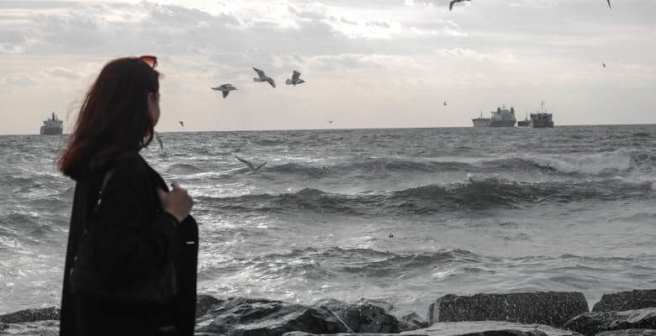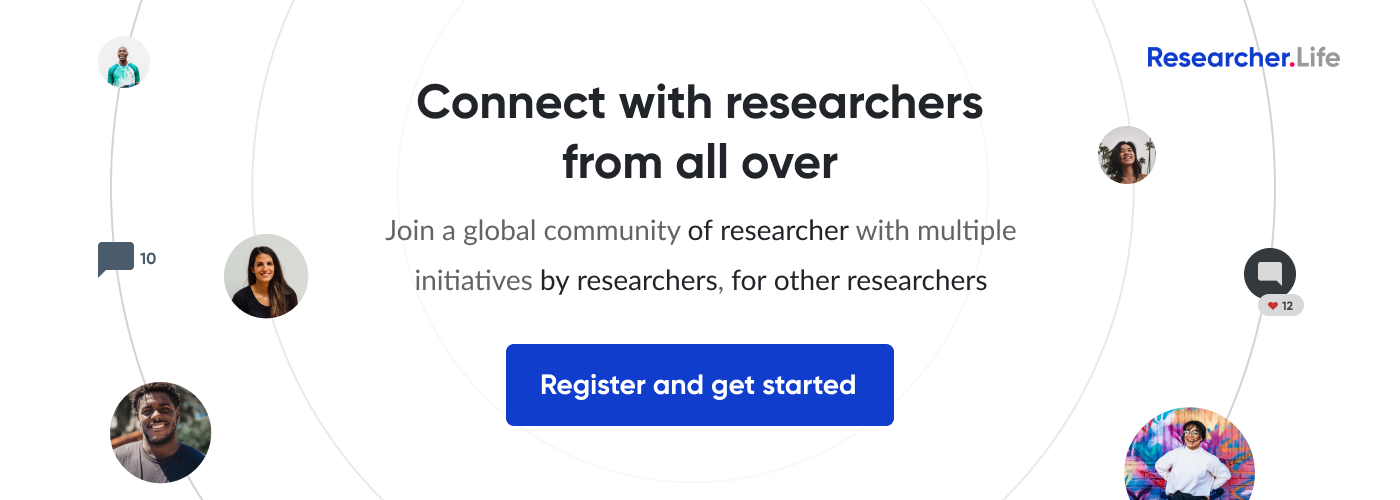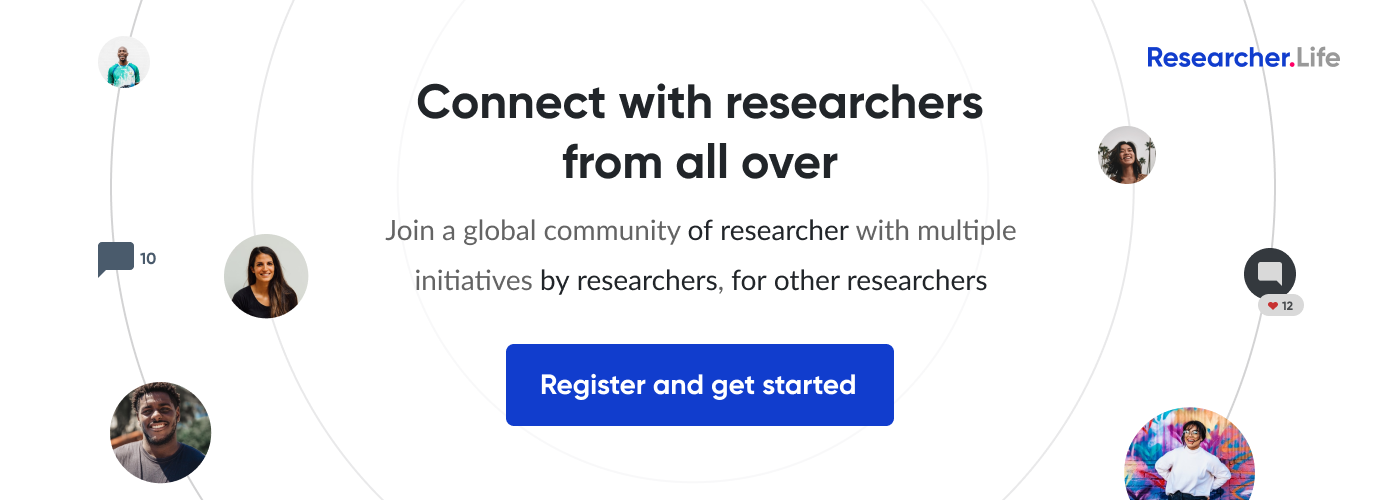International Women’s Day special: Women scientists who inspired us

When you were a child, did you know or read about any women scientists? Did any particular one leave a lasting impression on you? Even as an adult, do you find yourself admiring any specific woman scientist?
We sure do. Here are a few personal stories some of us associated with Editage Insights/CACTUS would like to share with you about the impact some women scientists have had on us.
Ai Kano Head, Branding & New Services (Japan)
As someone who is not affiliated with academia but works in the industry, I believe that female researchers truly embody the essence of carving out unique paths through their original ideas and capabilities, serving as role models for all working women.
Among many, one woman I consistently regard as a role model is Professor Yuko Harayama, an emeritus professor at Tohoku University. I met Professor Harayama during a science and technology policy recommendation event organized by CACTUS. In a nutshell, I see her as someone with a profoundly open heart. She transcends differences in position and experience, listening earnestly and purely to the ideas of younger, less experienced members, and always engages in dialogue positively. Observing her has often made me wonder if I could maintain such an open, tender, and fresh perspective as I age.
Having met many Japanese female researchers, I've been inspired by their vitality and the energy with which they embrace life. It's been a privilege to work in an environment where I can meet women who are not only exceptional researchers but also captivating individuals who contribute significantly to the research community and strive for the advancement of women in academia.
Mriganka Awati Senior Writer, Editage Insights
Growing up, I was privileged to have spent many vacations in forests across the country. I loved the thrill and adventure of being far away from cities and, in fact, any human habitation. The wilderness, and all the variety of living beings within it, held a strong romantic, intellectual, and emotional appeal. And I’d devour stories and real-life accounts of jungle lore (the protagonists in which typically happened to be men).
I’d sometimes want to grow up to be a field biologist. There happened to be several field researchers in my social circle, but unfortunately, none were women. And strangely, I wasn’t aware of women field researchers otherwise either. Role models you can relate to matter, a lot.
It was after I had completed my higher education and already chosen a different career path that I read about the primatologist Jane Goodall. I’d certainly heard of her before but not read much about her until then. Her book, In the Shadow of Man, filled me with delight and admiration. This was the first time I was reading about a woman scientist roughing it out—and thoroughly enjoying it—in the wild.
I wasn’t just interested in her journey as a woman scientist and the specific challenges she faced as a woman—although all this was educational. It was a beautiful and inspiring experience just reading about how she conducted her studies, recorded what she learnt, described her relationship with the world she was studying, and emphasized the need for compassion and action.
I believe that any good scientist, gender aside, can inspire curiosity and awe about their subject in the minds of others. But given how little visibility women scientists usually have when compared to their male counterparts, the impact they can have on young girls (and boys) is something else. They can break subconscious stereotypes and normalize what someone might typically not associate with a woman. Like living for months or years in basic accommodations in the middle of a forest, making meticulous and groundbreaking observations on animal behavior.
Many of the insights she shared through her book have stayed with me. I have heard them repeated in some or other form by other fantastic women who do fieldwork—professional scientists or amateurs—who I’ve since been happy to have known personally or read about.
There are times when I wonder what course my career might have taken had I known or read about women scientists like Jane Goodall early in life. But while I did not become a researcher, there’s an almost primal part of me that Jane Goodall spoke to, which drives me to strengthen my relationship with the nature around me and help bring about any positive change I can by studying it as an ordinary citizen.
Christopher Leonard Director, Strategy and Innovation
As a chemist by training, I frequently found myself inspired by Dorothy Hodgkin. She was responsible for developing the field of X-ray crystallography to determine the physical structure of molecules including penicillin, insulin, and vitamin B12, for which she won the Nobel Prize for Chemistry in 1964. She was active at a time when women’s research was frequently co-opted by male colleagues, but her determination in all aspects of her life meant this never happened to her. This determination also meant she overcame difficulties with rheumatoid arthritis by developing special equipment in her lab to ensure she could continue her work. She was also a great advocate for international collaboration, frequently working with scientists in Russia and China when such working alliances were incredibly difficult to maintain – a part of her belief that science can lead to world peace.
David Burbridge Writer, Editage Insights
I've admired many well-known women in science over the years, including common favorites like Florence Nightingale for her pioneering and data-driven work on clinical practice, Jane Goodall for her intimate and thought-provoking primate studies, and Charpentier and Doudna for revealing the potential of CRISPR gene editing. Recently, I have greatly appreciated the big yet unorthodox contributions of Dutch microbiologist Elisabeth Bik. With her keen eye and intuitive approach, she has recently discovered dozens of instances of academic fraud by inspecting images found in many molecular biology-related papers. This has resulted in many retractions, theories being called into question, and tough questions about the future of academic publishing. In an academic environment where everybody is focused on putting out more publications, it has been refreshing to see a scientist who stakes her own reputation to make sure that fairness and honesty remain core values in research. Overall, her commitment to the truth has really inspired me.
Sunaina Singh Writer, Editage Insights
The Legacy of Dr EK Janaki Ammal: Centuries of sexism excluded women from science or simply confined them to certain fields and roles. In the 1920s, for example, men dominated the fields of chemistry and engineering, whereas women were prominent in the less “glamorous” areas of botany and zoology. In fact, botany was considered “an amusement for ladies.” Women’s botanical observations and work rarely reached scholarly journals, remaining restricted to letters. Breaking such stereotypes was Dr EK Janaki Ammal, India’s first woman botanist.
Janaki Ammal was born in 1897 in Thalassery, Kerala. She earned her master’s degree in 1925 from the University of Michigan, Ann Arbor, and in 1931, she received her doctorate from the same university. This made Janaki Ammal the first Indian woman to receive a doctorate degree in botany in the US! Over her illustrious research career, she contributed immensely to genetics, evolution, phytogeography, and ethnobotany. Her work on the Chromosome Atlas of Cultivated Plants (1945) remains a seminal work in the field of cytogenetics.
What is most admirable about her is her grit in challenging the hierarchy and patriarchy in her field back in the 20th century, often embarking on solitary travel for her explorations. Her groundbreaking research on the cytogenetics of various plant species, including sugarcane, laid the foundation for future advancements in plant breeding and crop improvement. She was a founder fellow of the Indian Academy of Sciences and was awarded the Padmashri Award in 1977 for her contributions to science in India.
Janaki Ammal was also a fierce advocate for the conservation of India’s native plants and rich indigenous knowledge. Even at the age of 80, Janaki Ammal was actively involved in the “Save Silent Valley campaign,” using her influence to stall the construction of a hydroelectric project that would have flooded the pristine Silent Valley forests of Kerala.
Janaki Ammal’s life and work serve as an inspiration for all, especially women in science. Her dedication to conserving biodiversity should be a constant reminder of our responsibility towards our environment.
Comments
You're looking to give wings to your academic career and publication journey. We like that!
Why don't we give you complete access! Create a free account and get unlimited access to all resources & a vibrant researcher community.

Subscribe to Career Growth













